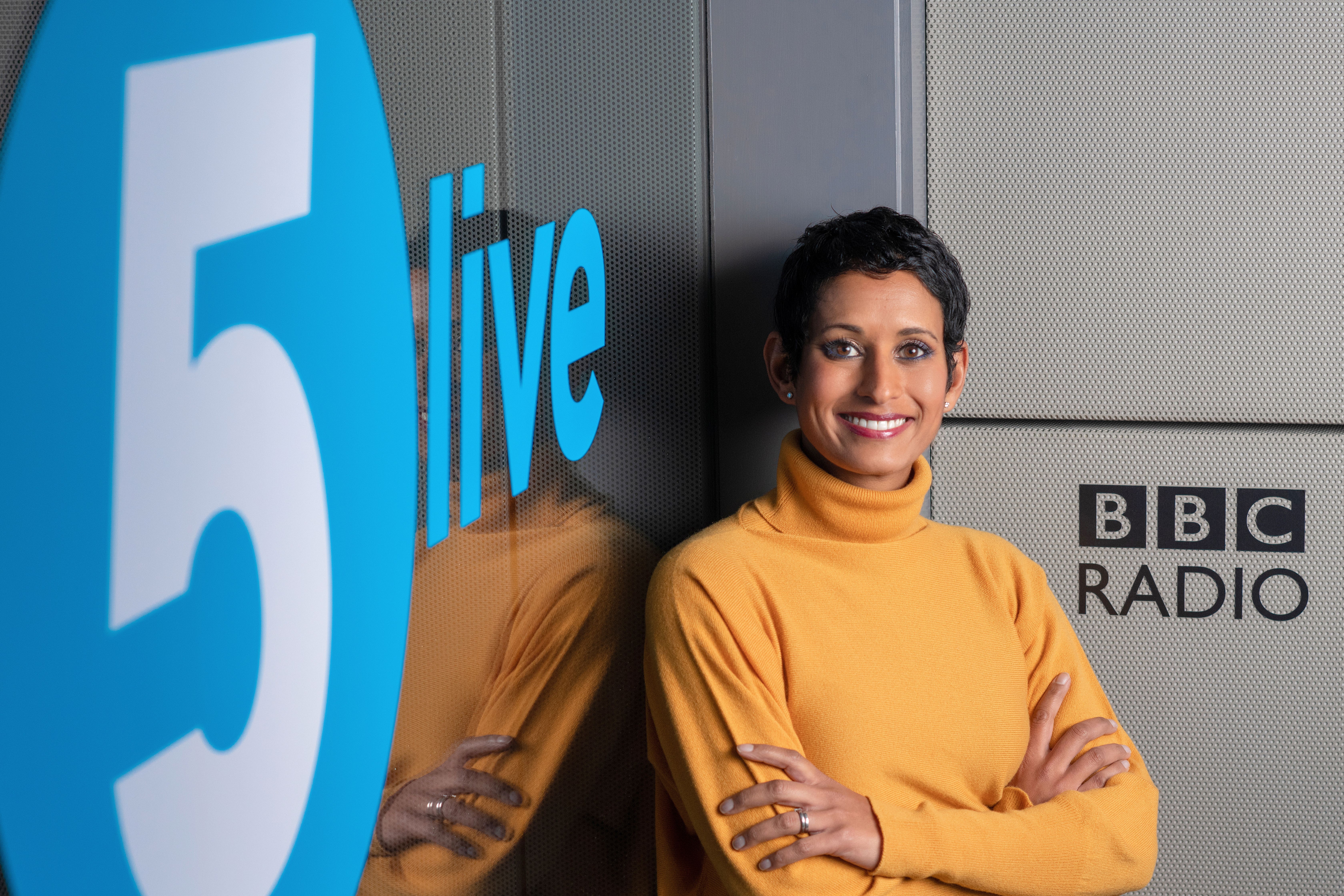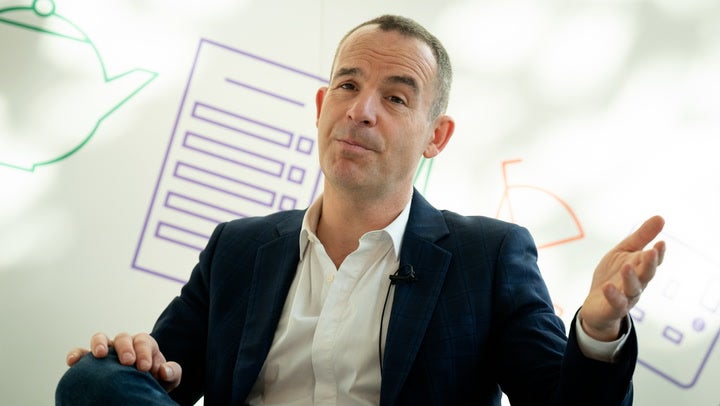
Your support helps us to tell the story
From reproductive rights to climate change to Big Tech, The Independent is on the ground when the story is developing. Whether it’s investigating the financials of Elon Musk’s pro-Trump PAC or producing our latest documentary, ‘The A Word’, which shines a light on the American women fighting for reproductive rights, we know how important it is to parse out the facts from the messaging.
At such a critical moment in US history, we need reporters on the ground. Your donation allows us to keep sending journalists to speak to both sides of the story.
The Independent is trusted by Americans across the entire political spectrum. And unlike many other quality news outlets, we choose not to lock Americans out of our reporting and analysis with paywalls. We believe quality journalism should be available to everyone, paid for by those who can afford it.
Your support makes all the difference.
Naga Munchetty has become the latest celebrity to be targeted in a sexually explicit scam.
The veteran BBC presenter, 49, discovered paid advertisements on X/Twitter and Facebook promoted to “trick people out of their hard-earned money” and include “crudely mocked-up” fake nude photos of her.
Munchetty, who conducted an investigation into the images with her team at BBC 5 Live, said she was “mortified and bemused” to discover the explicit content that somebody had paid “good money” to advertise.
“I’m used to seeing misleading articles about myself online, but the screenshots I’ve been sent by friends and followers on social media in recent weeks are a lot more insidious than most,” she said.
After questioning the culprit’s motive, the former Strictly Come Dancing contestant wondered whether the person responsible had “an axe to grind”.
“I discussed it with my 5 Live production team, and we began to dig into it more. It soon became apparent that my name and image were being used by scammers to try to hoodwink people out of money,” she said.
Users clicking on the adverts were taken to a fake news article, which had been built to include the BBC logo and look similar to the broadcaster’s website, Munchetty explained.

“The fake article about me suggested I had been detained by the government following a ‘controversial”interview on ITV’s This Morning, where I allegedly gave details about a “lucrative loophole” to make money,” she said.
“It was made to look like a BBC News article, complete with logo and branding, and it contained links to a scam cyber trading website, which has now been taken down after my production team reported it to the BBC legal team.
”The presenter said she was “lucky” that the BBC’s legal department was able to act quickly to get the adverts taken down due to copyright laws, but added she was warned “another website is likely to pop up soon enough”.

Watch Apple TV+ free for 7 days
New subscribers only. £8.99/mo. after free trial. Plan auto-renews until cancelled

Watch Apple TV+ free for 7 days
New subscribers only. £8.99/mo. after free trial. Plan auto-renews until cancelled
Munchetty added that getting adverts removed from X/Twitter, which was taken over by Elon Musk in 2022, has “become more difficult since it changed ownership”.
The Independent has contacted representatives from X/Twitter for comment.

A Meta spokeswoman said: “People who impersonate others on Facebook and Instagram violate our policies, and we remove this content when it’s found — like we are doing in this case.
“We continue to invest in technology to improve our detection and enforcement against scams and work with law enforcement to prosecute scammers.”
Munchetty is not the only celebrity to have been targeted with this type of scam. Money Saving Expert Martin Lewis previously warned his face had been used to front a cryptocurrency fraud.
Last June, Euphoria star Jacob Elordi also had fake nude content of him circulated online in a sexually explicit AI deepfake scam. The non-consensual video was viewed on X/Twitter more than three million times.
In recent years, non-consensual sexually explicit deepfakes have become increasingly common online, with a number of high-profile women including Taylor Swift and Megan Thee Stallion targeted.

Deepfakes are created or altered using artificial intelligence or similar technology, and manipulated to replace one person’s likeness convincingly with that of another.
Nonconsensual sexually explicit videos that “swap” a person’s face into a pornographic video are one of the most prevalent forms of deepfakes.
Since April 2023, X has implemented a policy against sharing “synthetic, manipulated, or out-of-context media that may deceive or confuse people and lead to harm.”
The platform also prohibits content that “sexualises an individual without their consent.” But despite the policy, deepfakes have persisted on X, with the company struggling to stamp them out.




